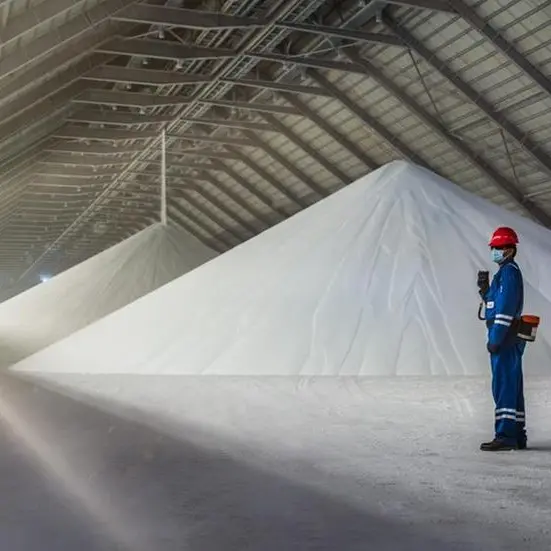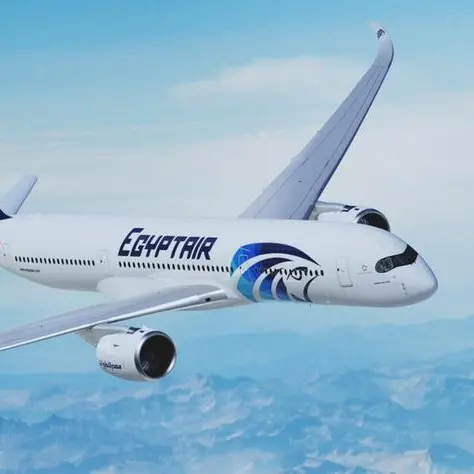December 15 2016
Sustaining spending in key sectors such as health, education, infrastructure and transport, Qatar’s budget for 2017 has earmarked QR93.2bn for major projects.
The State Budget announced by HE the Minister of Finance Ali Shareef al-Emadi estimated revenues of QR170.1bn and an expenditure of QR198.4bn, thus expecting to post a deficit of QR28.3bn.
The shortfall is expected to be covered by issuing debt instruments in the local and international financial markets, while maintaining its reserves and investments.
The budget has been based on an oil price assumption of $45 per barrel. Qatar’s fiscal year now begins in January and ends in December.
He said the projected deficit in the 2017 budget was due to “a combination of low energy prices and a period of high development expenditure.” The deficit (budgeted at QR28.3bn) was down by 39.1% compared with QR46.5bn in the 2016 budget.
Al-Emadi said the QR93.2bn budgeted for major projects in 2017 “demonstrates our commitment to complete all projects in the main sectors on schedule.” The minister said “an increase in the pace of construction activities on various projects will lead to higher allocation for major projects during the coming three fiscal years.” The minister said Qatar’s “committed projects” would entail an expenditure of QR374bn, excluding oil and gas projects and those set up by government-owned companies.
Al-Emadi said it was expected that the government would sign contracts for new projects with a total of QR46.1bn in 2017. This will include infrastructure and transportation projects worth QR25bn, projects related to FIFA World Cup 2022 facilities (QR8.5bn), health and education projects (QR5.8bn) and projects in other sectors (QR6.8bn).
The minister stressed that that the implementation of major development projects would have a “positive impact” on economic growth as the International Monetary Fund expected Qatar to achieve an overall GDP growth rate of 3.4% in 2017, the highest in the GCC region.
Also, the implementation of development projects will help sustain development in non-oil sectors, which achieved a “strong” growth rate of 5.8% during the first six months of 2016.
He said the total allocation for key sectors such as health, education and infrastructure (QR87.1bn) made up nearly 44% of the total expenditure in the 2017 budget.
“This reflects the government’s continued commitment to delivering high quality social services,” al-Emadi said.
Transportation and infrastructure projects, which the minister said represented a main pillar of enhancing sustainable development, have been allocated QR42bn, representing 21.2% of the total budgeted expenditure.
Funds were allocated to rail projects, worth QR10bn and for Hamad Port, along with a large number of roads including the Lusail road, Al Rayyan road, Dukhan road, the new ring road for trucks and the new Al Khor road. Infrastructure projects include land reclamation in North and West Doha, Al Khor, Al Mashaf, Al Wakra and Al Wukair.
Funds amounting to QR24.5bn have been allocated to the health sector, representing 12.3% of total expenditure in 2017 budget.
This will finance many projects including the final stage of Sidra Medical and Research Center. Outlay has also been made to expand facilities at Hamad General Hospital and complete the Laborers' Hospital in the Industrial Area.
Provisions for the following projects have also been budgeted- health centres at Al Karaana, Al Ghuwariyah, Al Rawda, Al Muntazah, Al Naeem and Umm Salal, in addition to health centres under construction at Qatar University, Al Wajba, Al Waab, Muaither, and other health centers in Al Khor, Al Sadd, Al Shamal, Al Mashaf, Al Wakra and Ain Khalid.
Al-Emadi said the government also continues to focus on education, allocating QR20.6bn to the sector, which represents 10.4% of the total expenditure. Funds were allocated for the construction of as many as 17 new schools and nurseries and the completion of another 28 schools and nurseries.
Funds have also been provided for new projects at Qatar University, including the faculties of education, pharmacology, law, and laboratories for the Faculty of Sciences.
Also, funds have been set apart for the completion of projects at the Qatar Foundation for Education, Science and Community Development (QF) including research facilities, infrastructure and transportation in the Education City.
Al-Emadi said the budget was focused on “maximising efficiency” in current expenditure.
As a result of measures such as the consolidation of ministries, allocations to "Chapter I - salaries and wages" have been reduced by 3% to QR49.5bn from QR48bn and allocations to "Chapter II - current expenditure" have been cut by 9.6% from QR58.5bn to QR52.9bn.
However, allocations to "Chapter III - minor Capex" were up by 16.2% from QR3.7bn to QR4.3bn “due to the need to fit out several new health and education facilities across the country.” Al-Emadi said the State Budget for 2017 had been aligned with the Qatar National Vision 2030, which focuses on the four main pillars of economic, social, human and environmental development.
© Gulf Times 2016




















